U.S. trade embargo has cost Cuba USD 933 billion, official says
(VNF) - The Cuba Embassy in Vietnam said in a symposium in Hanoi that an unjust U.S. financial and trade embargo on Cuba had cost the country’s economy more than USD 933 billion over nearly six decades.
 |
At the symposium.
The event discussing measures to mitigate losses caused by the decades-long U.S.’s embargo on Cuba was held on October 26.
The event was co-hosted by the Ho Chi Minh National Academy of Politics (HCMNAP), the Cuban Embassy in Vietnam, and the Vietnam – Cuba Friendship Association under the Vietnam Union of Friendship Organisations.
In his opening speech, HCMNAP Deputy Director and President of the Vietnam-Cuba Friendship Association of Hanoi Nguyen Viet Thao said such a blockade is unjust and brutal. The economic and financial blockade and trade embargo is a violation of Cuban people's human rights and is the prime obstacle of Cuba's economic growth.
He has called for an end to the senseless and outdated trade embargo placed on Cuba by the U.S. more than five decades ago.
Yet, he said, despite embargo over the past years, Cuba’s human development index has surpassed developed nations’, including the U.S.
The Vietnamese people always stand side by side with Cuban fellows in the fight against the embargo, he said, expressing his belief that Cuba will receive strong support from international community in the process, including Vietnam.
A representative of the Cuba Embassy in Vietnam revealed a 2018 report on the U.S.’s embargo on Cuba started in October 1960, the longest one so far, which caused a loss of over USD 933 billion to the country. The report offers a flood of examples of blockade-related damage to healthcare, education, economic development, foreign trade, and Cuba’s relations with international financial institutions.
The report touches upon new U.S. regulations imposed by the Trump administration in November 2017, in particular the tightening of travel restrictions and banning of U.S. trade.
Monetary losses also result from U.S. sanctions, or the fear of sanctions, that are applied to specific companies, agencies, and financial institutions in third countries.
The report catalogs difficult situations. Specialized medical equipment and drugs made only in the United States are unavailable and lives are lost. To buy goods from third countries rather than from the United States means higher prices and increased transportation costs.
Cuban Ambassador to Vietnam Lianys Torres Rivera added that on October 31, Cuba will submit a draft Resolution to the U.N. General Assembly for the 27th time underlining the need to end the economic, commercial and financial embargo imposed by the U.S.
She hoped that the draft resolution would continue to be welcomed by the international community, including Vietnam.
| |
HCMNAP Deputy Director Nguyen Viet Thao says time to end outdated trade embargo on Cuba.
Editor-in-Chief of the HCMNAP’s Party History Magazine Dang Kim Oanh said via the media, the Vietnamese people are delighted to learn that the Cuban people are still optimistic despite negative impacts of the embargo.
She expressed her support for the fight of Cuban people and hoped that they would keep staying firm amid challenges.
Participants discussed ways to deal with difficulties caused by the embargo, call for the support of the international community and fraternal countries, and promote solidarity between the two peoples.
The U.N. has adopted a non-binding resolution calling for an end to the embargo with overwhelming support every year since 1992.
Over the past 26 years, Cuba has presented a yearly resolution at the UN General Assembly against the US economic blockade, which has been supported by most member countries.
In 2016, the U.S., for the first time in over two decades, didn't vote against the resolution. Instead, it, along with Israel, abstained. The resolution won 191 votes in favor.
But in 2017, the U.S. and Israel were the only two countries that voted against the resolution.
After agreeing to a historic U.S.-Cuban detente in 2014, former U.S. President Barack Obama eased the embargo, which was fully put into place in 1962. But U.S. President Donald Trump last year tightened travel and trade restrictions again. Only the U.S. Congress can lift it in full.
This year, Cuba will submit a draft resolution on October 31 for the twenty-seventh time./.
Translated by Chau Pham
Recommended
 Focus
Focus
Vietnam-Austria Relations: Unlocking the Potential for Cooperation in Key Areas
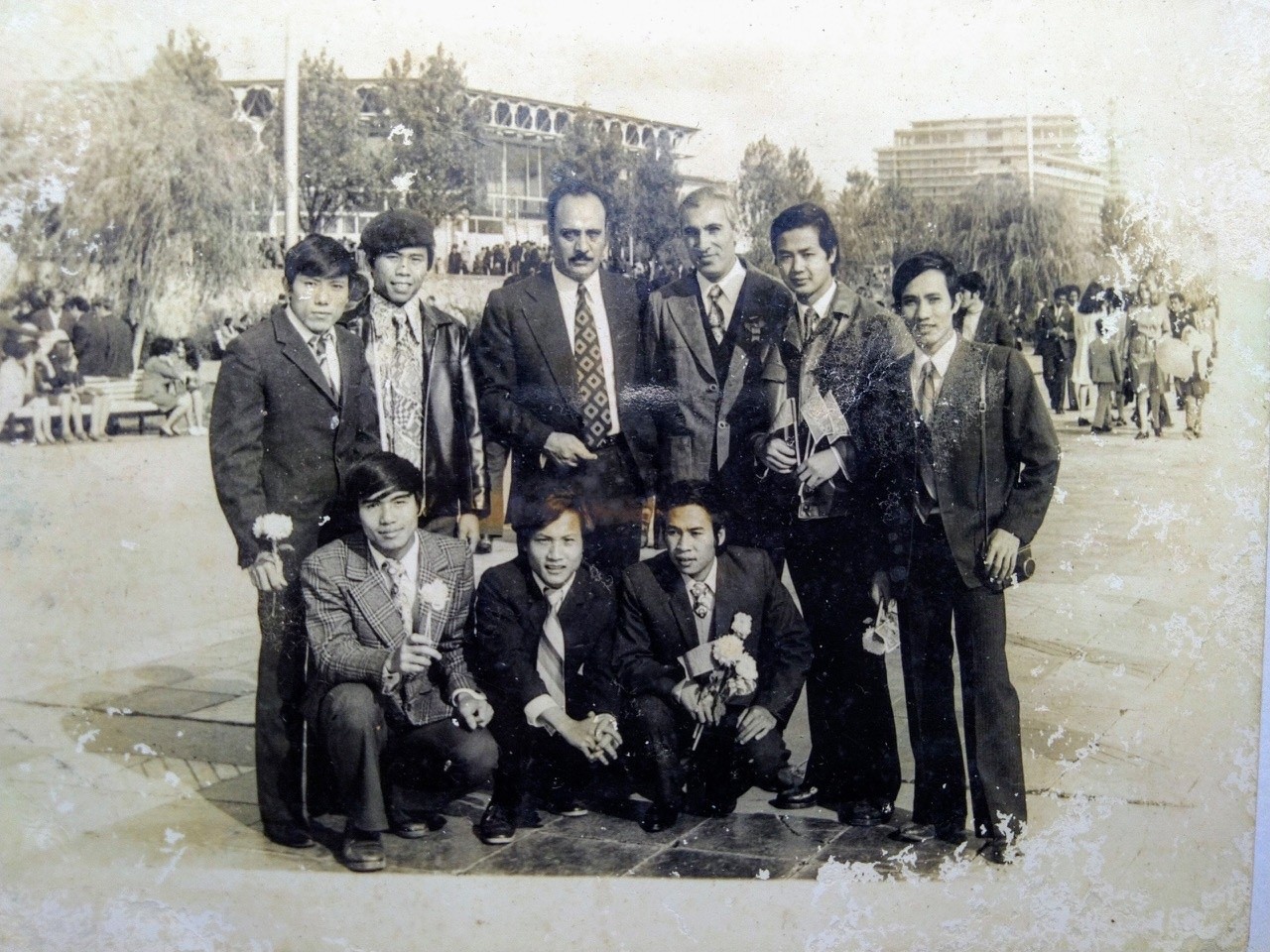 Friendship
Friendship
Vietnam - Azerbaijan: Cherished Memories Should Be Carried Forward with New Achievements
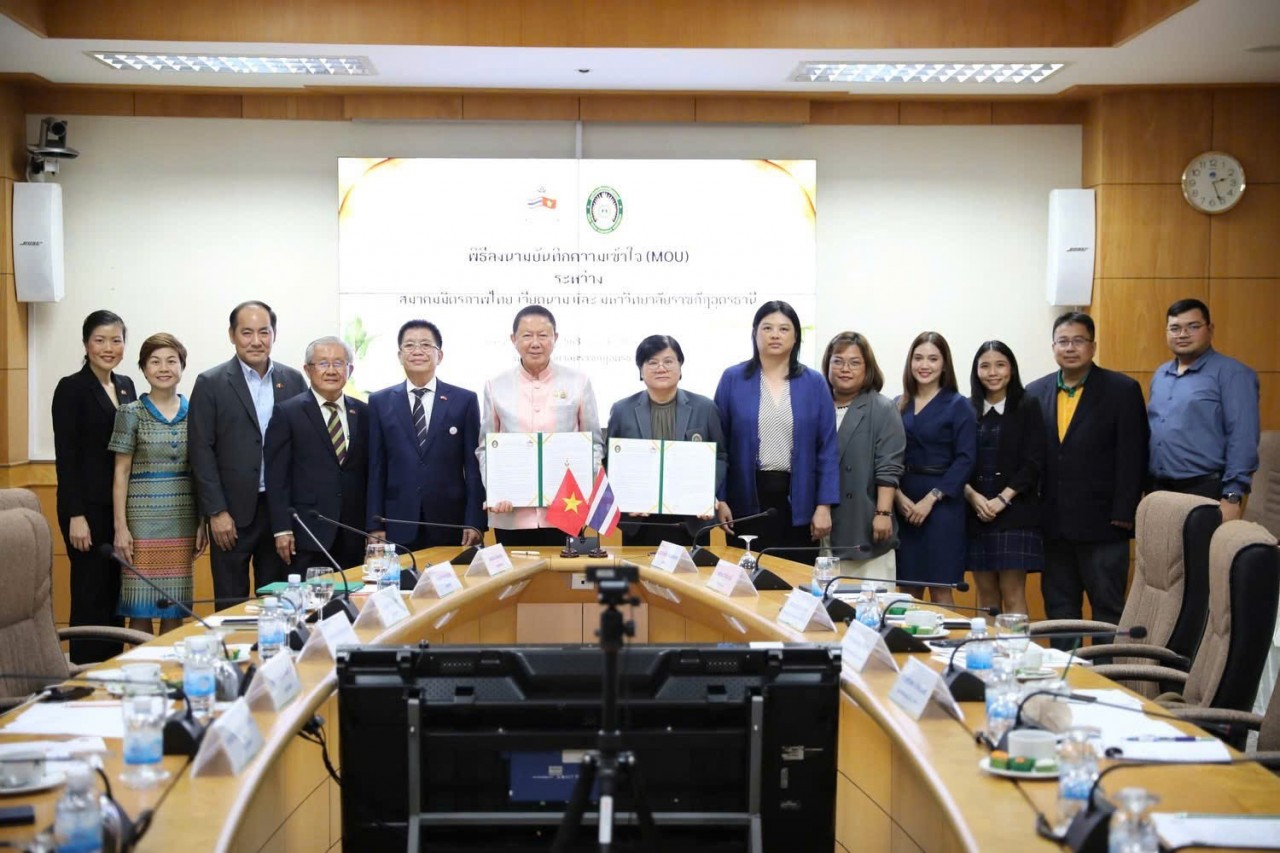 Friendship
Friendship
Center for Vietnamese Studies, Thailand-Vietnam Friendship Association Collaborate on Language Training
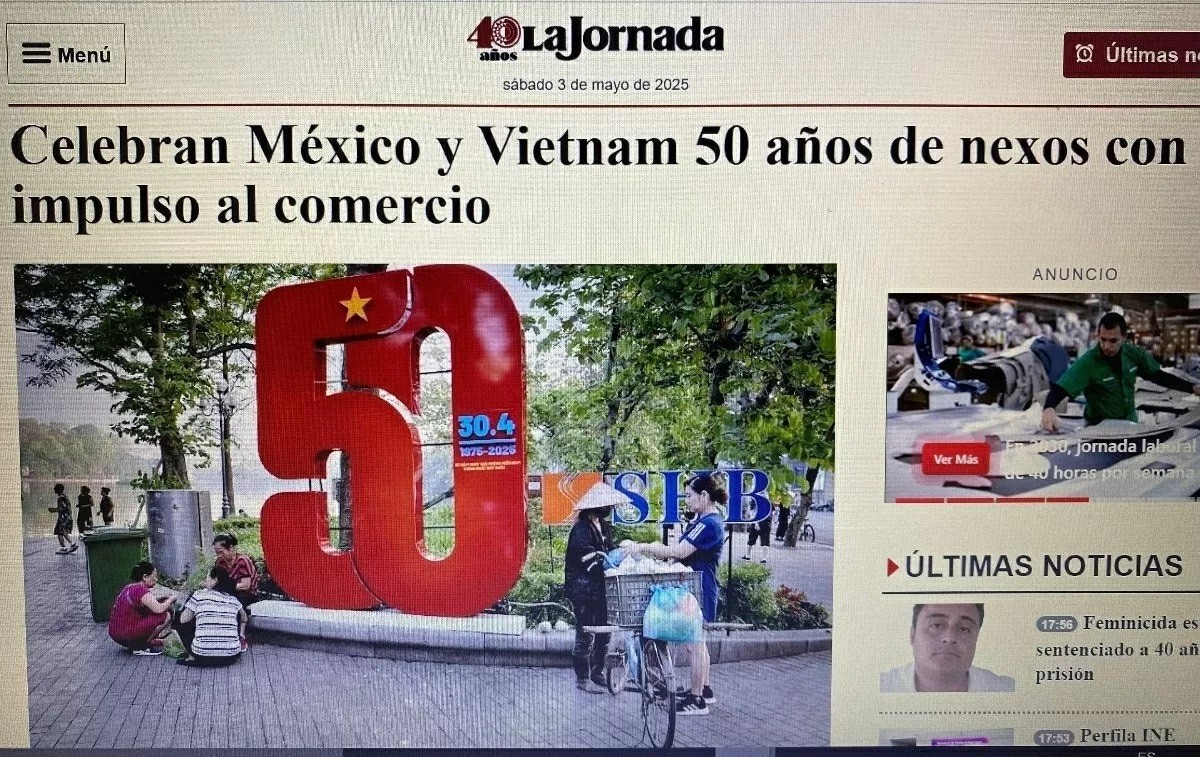 Friendship
Friendship
50 Years of Mexico-Vietnam Diplomatic Relations: Continuous Flourish in All Fields
 Friendship
Friendship
Venezuelan Artists Commemorate President Ho Chi Minh through Revolution Music
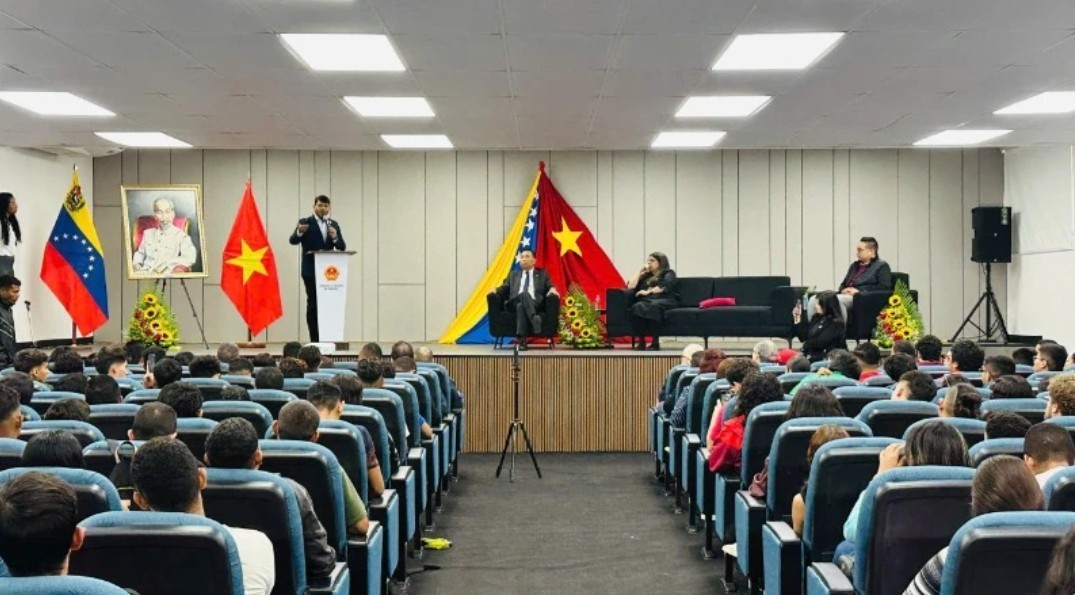 Friendship
Friendship
Vietnam's April 30 Victory Celebrated in Venezuela
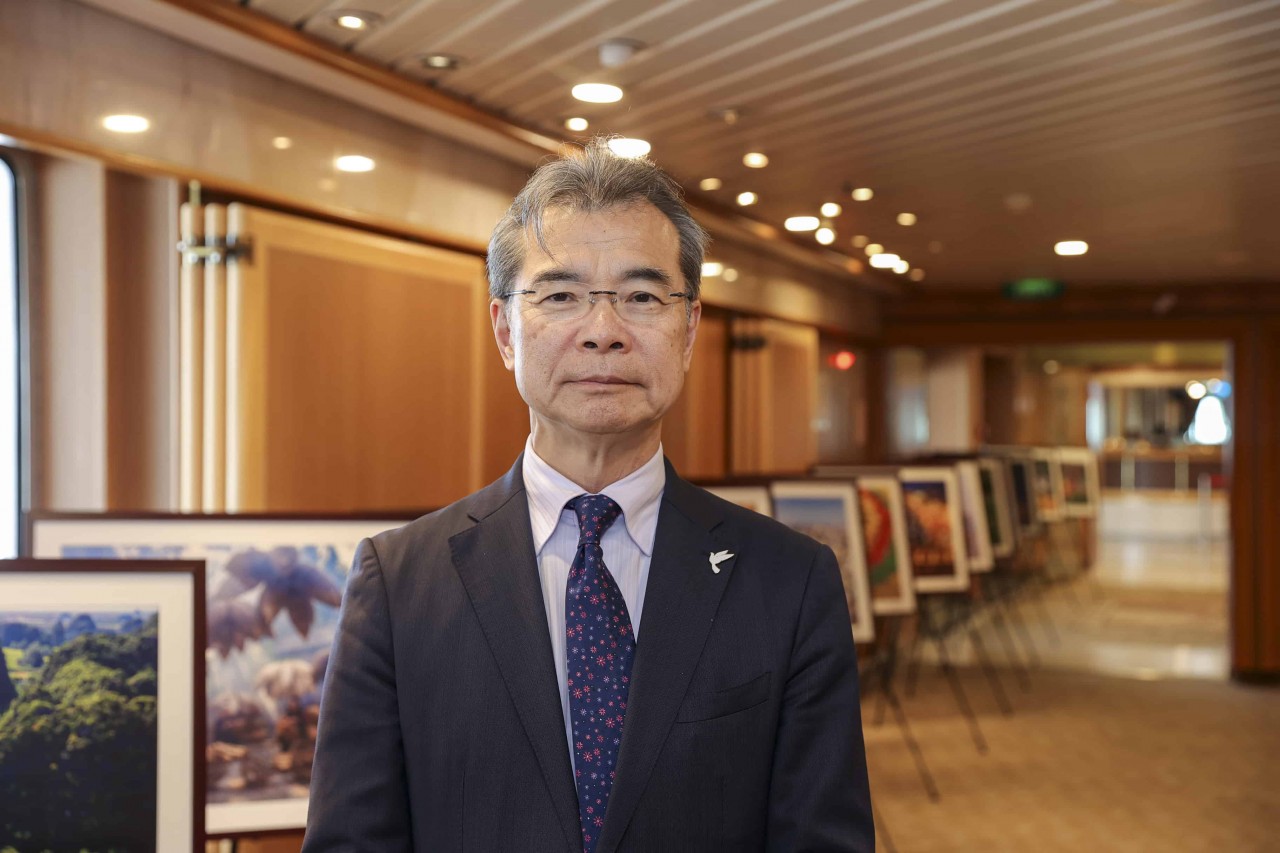 Friendship
Friendship
Vietnam’s History: Precious Legacy of Peace
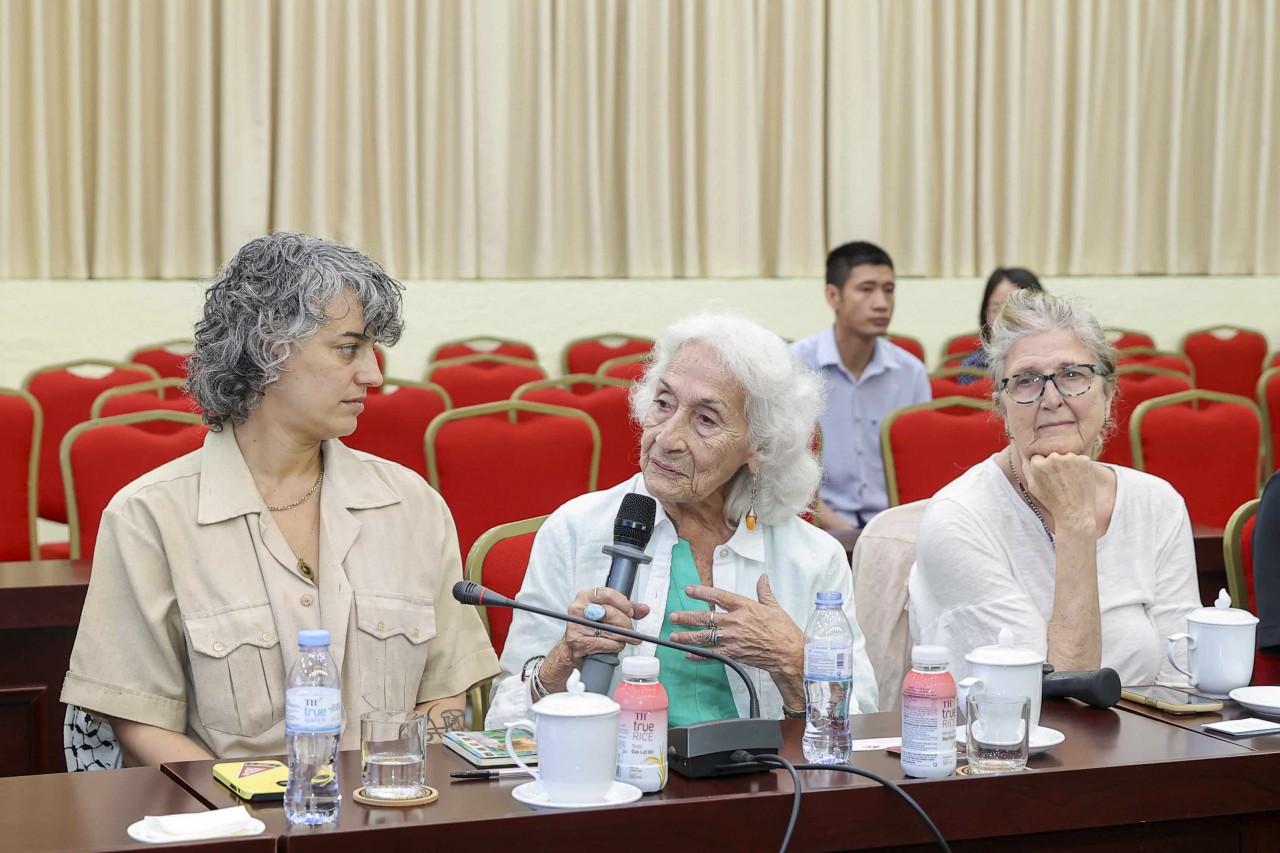 Friendship
Friendship
